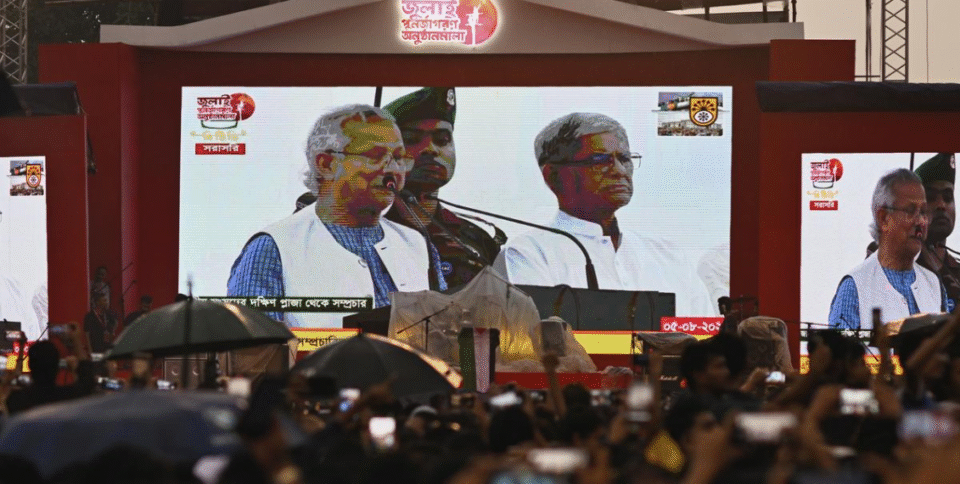Dhaka, August 6: Bangladesh is preparing to hold its next national election in early February 2026, ahead of the holy month of Ramadan, according to Chief Election Commissioner (CEC) AMM Nasir Uddin.
Speaking at a press briefing at the Election Commission (EC) headquarters in Dhaka, Nasir Uddin said the commission is awaiting a formal letter from the Chief Adviser confirming the February timeline. “Despite the challenges, we’ve been preparing for quite some time. There will be no shortcomings on our part,” he assured.
Key Preparations and Timeline
The CEC said preparations are already underway. The final voter list is being updated, including amendments that now allow citizens turning 18 by December to register. The EC aims to complete voter registration, training, and procurement work by September.
The election schedule is expected to be officially announced in early December, while the road map will be rolled out in phases. In the coming weeks, the commission plans to engage in consultations with political parties, civil society groups, media, and other stakeholders.
“We want the media to be our partner in ensuring transparency. You’re not adversaries — you’re allies,” Nasir Uddin told reporters, adding that the EC is open to revising media access guidelines based on journalistic feedback.
Delimitation and Political Party Registration
Regarding parliamentary delimitation, the CEC said a draft has been published and adjustments will be made after reviewing public objections and conducting hearings. “This process is being carried out scientifically and without external influence,” he noted.
On the issue of new political party registrations, the commission is currently verifying documents and hearing objections. A final decision is expected by September.
When asked whether members of the Awami League, the currently banned ruling party, can contest the election, the CEC clarified that while the party as a whole is barred, individuals may run as independent candidates.
Restoring Voter Confidence and Ensuring Fairness
Addressing concerns over voter apathy and mistrust, Nasir Uddin admitted that rebuilding public trust is one of the biggest challenges ahead.
“The real crisis is voter confidence. It’s not enough to blame the people. They’ve lost faith in the Election Commission and in the electoral process itself,” he said. To address this, the EC plans to launch a massive voter awareness campaign aimed at boosting participation.
The commission is also focused on ensuring a level playing field. “We’ve instructed district commissioners, superintendents of police, intelligence agencies, and the civil administration to work impartially. Unlike before, there is no political pressure — only pressure to act professionally,” Nasir Uddin added.
Concerns Over Artificial Intelligence and Election Interference
Interestingly, the CEC raised a red flag about the potential misuse of artificial intelligence in the upcoming polls. “I’m more concerned about AI-generated disinformation — fake news, deepfake videos, false propaganda — than I am about law and order,” he warned.
He acknowledged past criticism over the role of returning officers and said efforts are being made to ensure greater neutrality this time around. “We are seriously reviewing who will be appointed. Bias will not be tolerated,” he said.
Nasir Uddin reiterated that the EC’s goal is to conduct a participatory, credible, and inclusive national election. “We want more political parties and a higher voter turnout than ever before,” he said.
As preparations ramp up, the coming months will be critical in determining whether Bangladesh can restore public trust in its democratic process — and hold an election that reflects the will of its people.

